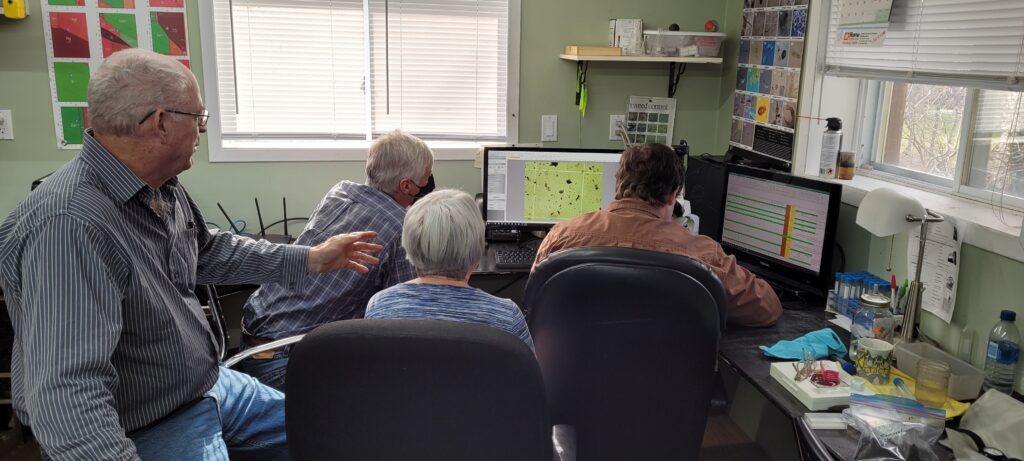Introduction: In the age of information, where knowledge is at our fingertips, discussions about complex topics often lead to diverse perspectives and insights. While engaging in these conversations can be enlightening and thought-provoking, it’s not uncommon to encounter individuals who present themselves as experts and attempt to silence others. In this blog, we’ll explore the importance of not being bullied into silence when confronted by such individuals and share an inspiring example from our own experience.
The Expert Who Knows It All: Have you ever shared your knowledge or ideas online, only to be met with a response like, “Leave the expertise to the professionals” or “You have a lot to learn”? It’s a frustrating experience, and it can happen in various fields, from science to gardening, just like it did to us.
Case in Point: Challenging Preconceptions in Soil Science: Recently, we engaged in a discussion about soil science and DNA testing, offering insights and information based on our expertise. However, instead of a constructive exchange of ideas, we encountered an individual who claimed to be a geneticist and dismissed our contributions with condescension.
The Important Lesson:
- Don’t Let Experts Silence You: The first lesson is simple but crucial – don’t be silenced by self-proclaimed experts. While expertise in a specific field is commendable, it doesn’t necessarily equate to comprehensive knowledge about every related topic. We should feel empowered to share our knowledge and engage in meaningful conversations.
- Stay Informed and Respectful: When confronted by such individuals, it’s essential to remain informed and respectful. Share your knowledge with confidence and back it up with credible sources. A respectful and constructive tone can elevate the conversation.
- Seek Productive Dialogue: Instead of getting discouraged, aim for productive dialogue. Encourage the other person to share their insights and be open to learning from one another. Constructive conversations can lead to new perspectives and deeper understanding.
- Don’t Succumb to Negativity: It’s easy to become disheartened when faced with negativity, but don’t succumb to it. Focus on the positive aspects of the conversation and the potential to learn and grow.
Conclusion: In a world where expertise is diverse and knowledge is ever-expanding, we mustn’t let self-proclaimed experts silence us. We should embrace opportunities to engage in conversations, share our knowledge, and learn from one another. Our example serves as a reminder that, even in the face of condescension, respectful and informed dialogue can pave the way for productive exchanges of ideas. Don’t be bullied into silence – your voice matters, too.
